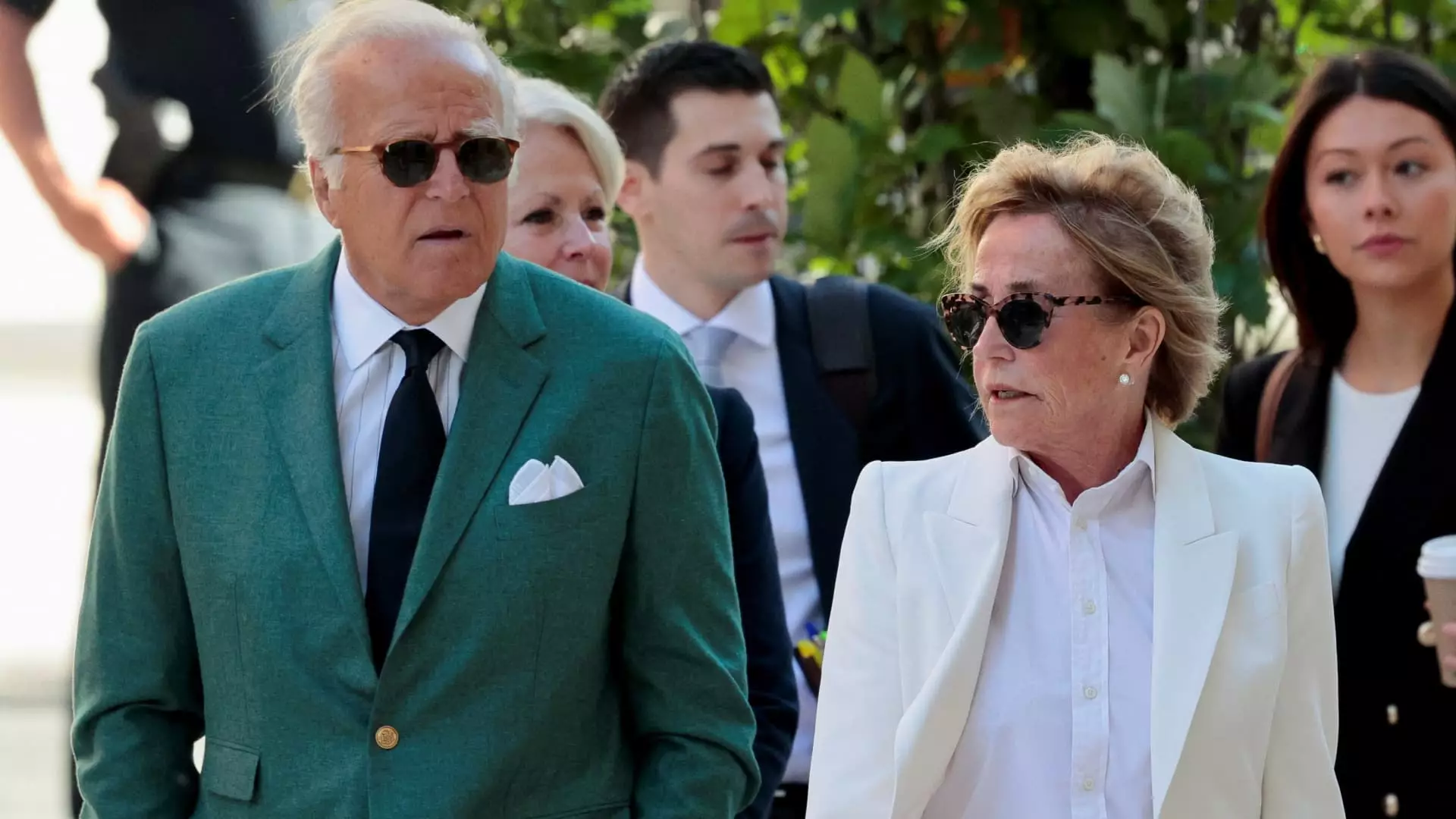In the turbulent landscape of American political life, where scrutiny and investigations can unravel both personal and public reputations, the act of granting preemptive pardons has become not only a political move but also a symbolic gesture underpinning the rhetoric of protection against perceived injustices. Recently, President Joe Biden exercised his executive power to issue pardons to close family members amid allegations of politically motivated investigations that he claims threaten their safety and reputations. This article delves into the implications of such pardons, the legal and moral considerations at play, and their impact on public perception of leadership accountability.
The issuance of pardons is not uncommon in the realm of American governance, but when these pardons are granted preemptively, it invites scrutiny. Biden’s decision to pardon not only family members—his siblings James and Francis, along with their spouses—but also notable figures such as Dr. Anthony Fauci and military leaders, reflects a multifaceted strategy. By issuing these pardons, Biden appears to be attempting to alienate his family from the partisan political environment he claims is conspiratorial in nature. He underscored that such actions should not be misconstrued as admissions of guilt, emphasizing his belief in their innocence. However, the act of preemptive pardoning raises questions about accountability and the potential for misuse of presidential powers.
Biden’s invocation of his constitutional authority to issue these pardons relies heavily on the foundational legal principle that the president has the discretion to grant clemency. However, the grounds on which these pardons were issued—specifically citing “baseless and politically motivated investigations”—shift the conversation towards the ethical implications of using presidential power. While the Constitution empowers the president with the ability to provide clemency, the application of this power raises concerns about motives and potential biases. By utilizing the pardon as a protective measure for his family, Biden risks setting a precedent that could be employed by future leaders to evade scrutiny or accountability.
Political investigations in the United States have often been contentious, characterized by polarized views and a lack of mutual trust among political factions. Biden’s comment about “unrelenting attacks” on his family reflects a broader narrative in which investigations are viewed not just as fact-finding missions but rather as weapons in a partisan arsenal. This perspective can foster an environment where the lines between accountability and harassment blur, leading to a climate of fear around political scrutiny. If investigations are perceived as politically motivated, the very foundation of accountability within democratic institutions is jeopardized, raising questions about the health of the political system overall.
The Impact on Biden’s Legacy and Public Trust
Biden’s decision to issue these pardons comes with significant implications for his image as a leader who champions justice and accountability. While meant to protect his family, these pardons may also be interpreted as indicative of a leader who prioritizes personal interests over transparency. Public trust is a fragile entity, and such actions can easily result in skepticism regarding the motives behind executive actions. Furthermore, the granting of pardons linked to controversial figures isn’t only about absolving guilt; it also speaks volumes about Biden’s values concerning morality in leadership, fairness, and the need for transparency in governance.
While Biden’s preemptive pardons can be understood as a shield against political attacks on his family, they also prompt critical discussions about the ethical use of presidential powers, the nature of political investigations, and their implications for public trust. Pardons, particularly when given preemptively, tread a fine line between protecting individual rights and maintaining accountability within government ranks. As citizens reflect on this latest episode in American politics, the questions raised may resonate beyond this particular case, influencing views about leadership, justice, and the role of government in safeguarding its citizens against perceived injustices.


Leave a Reply